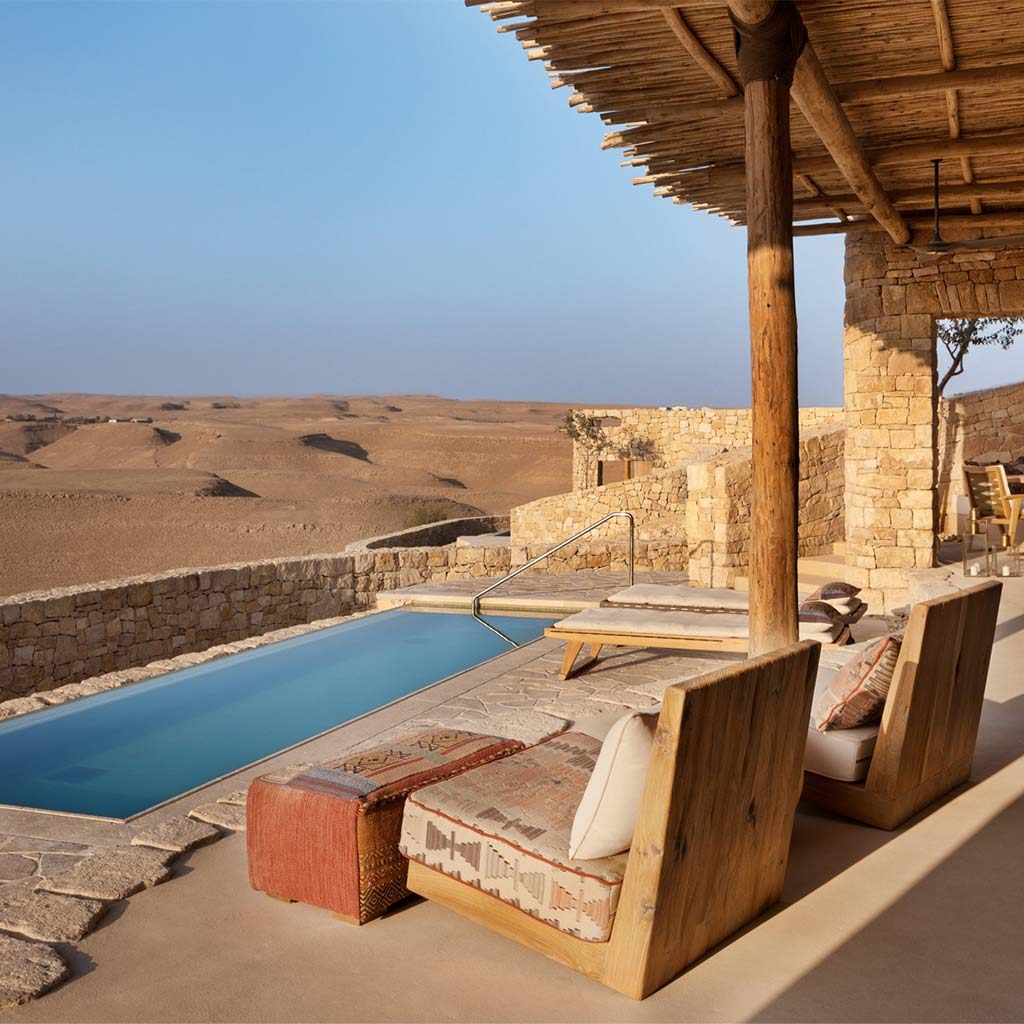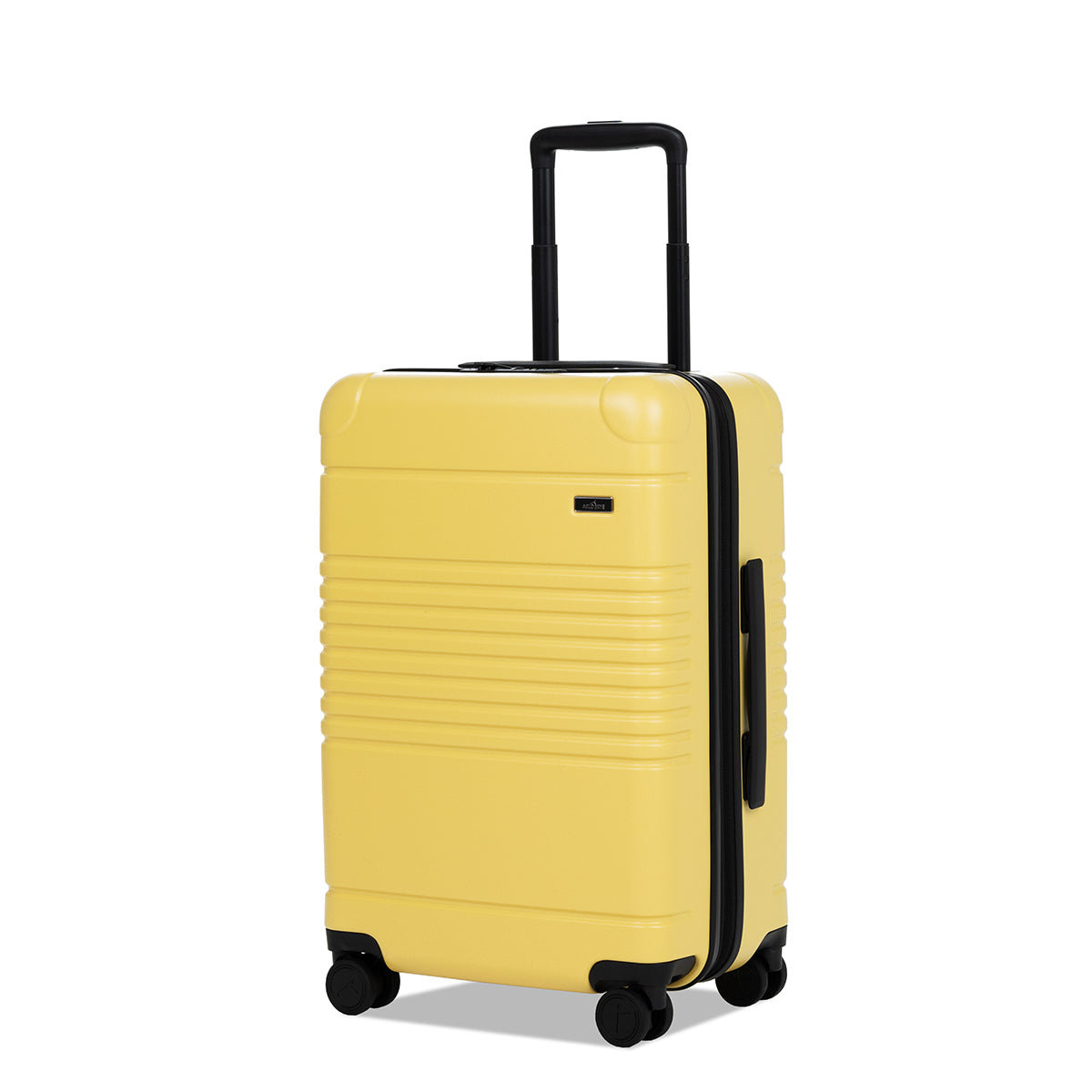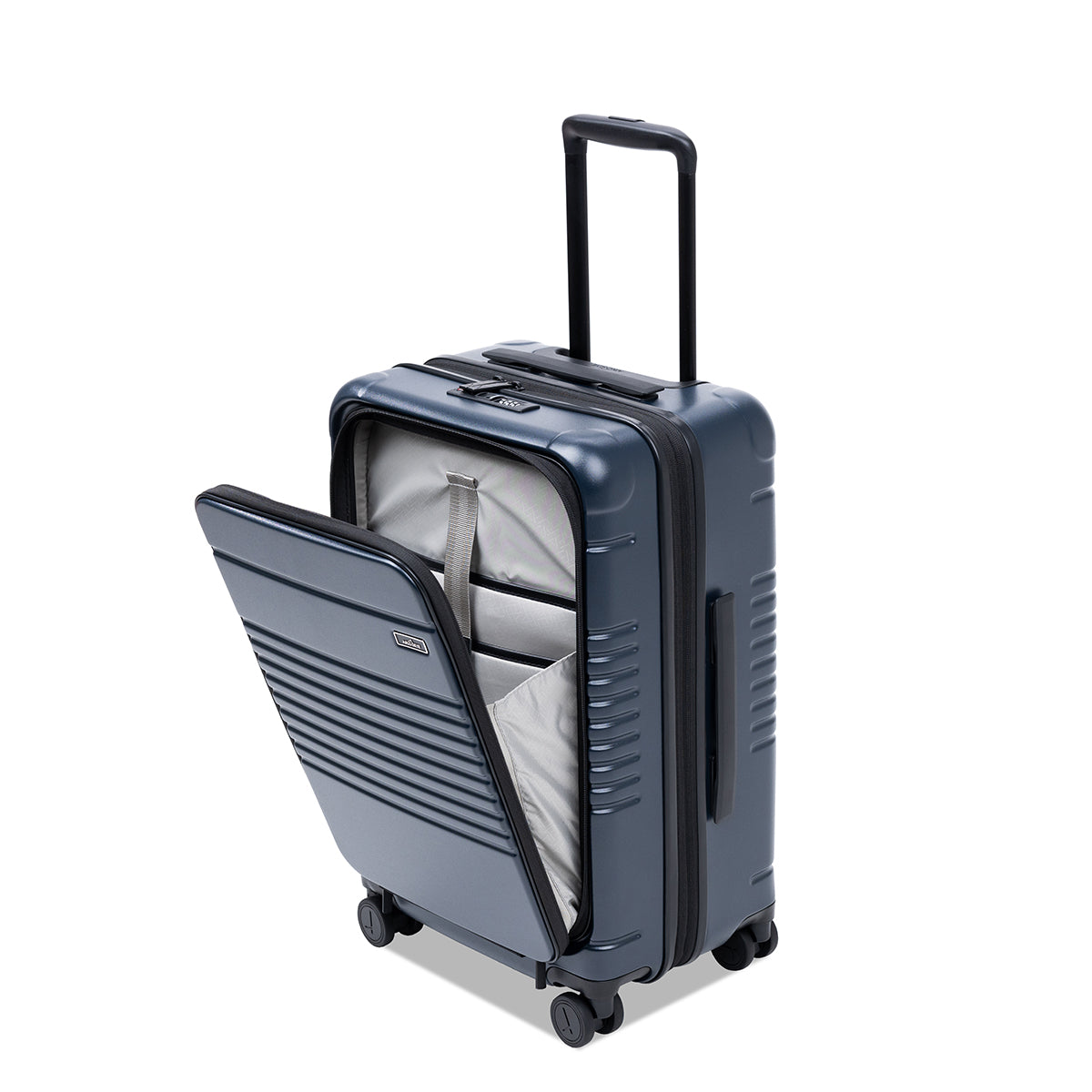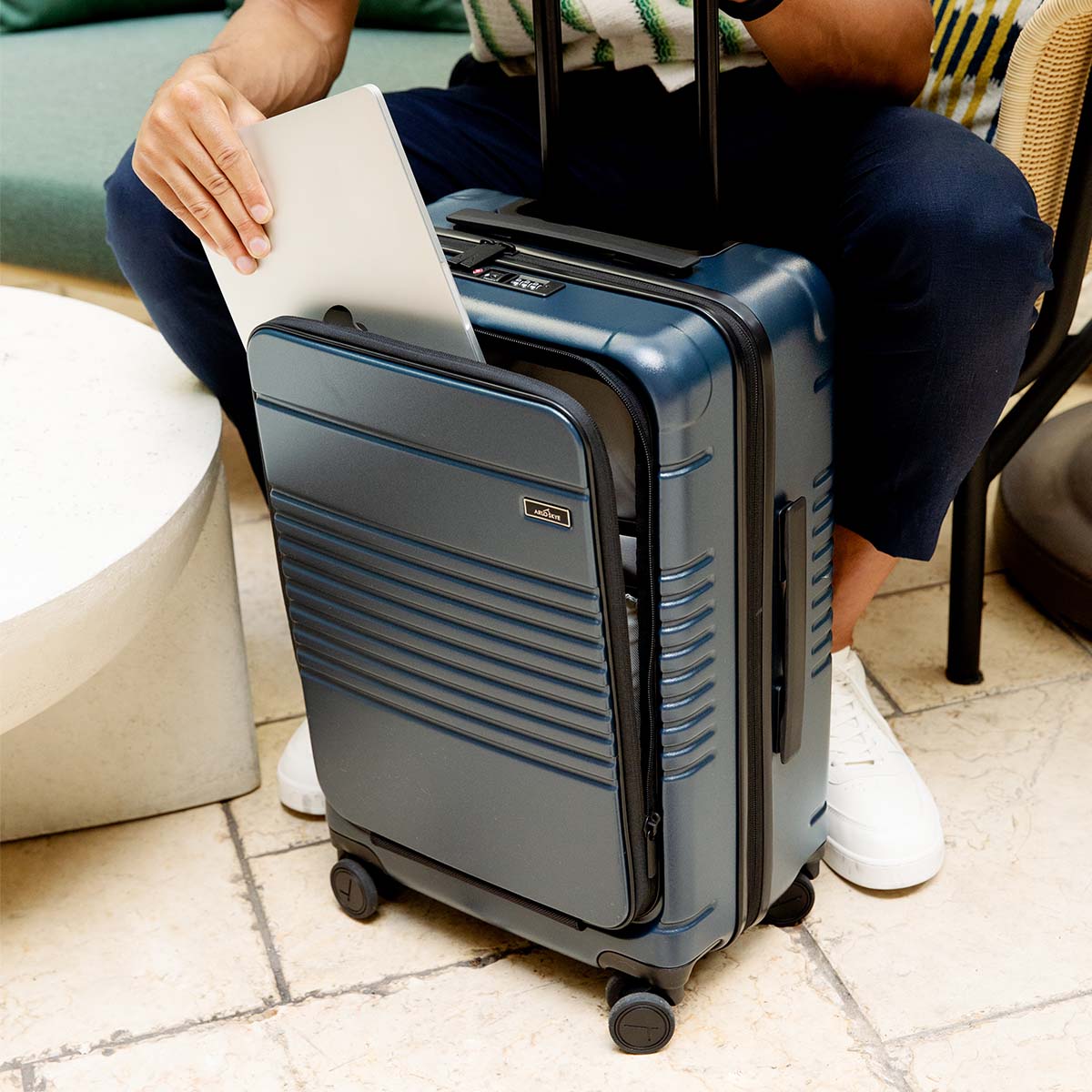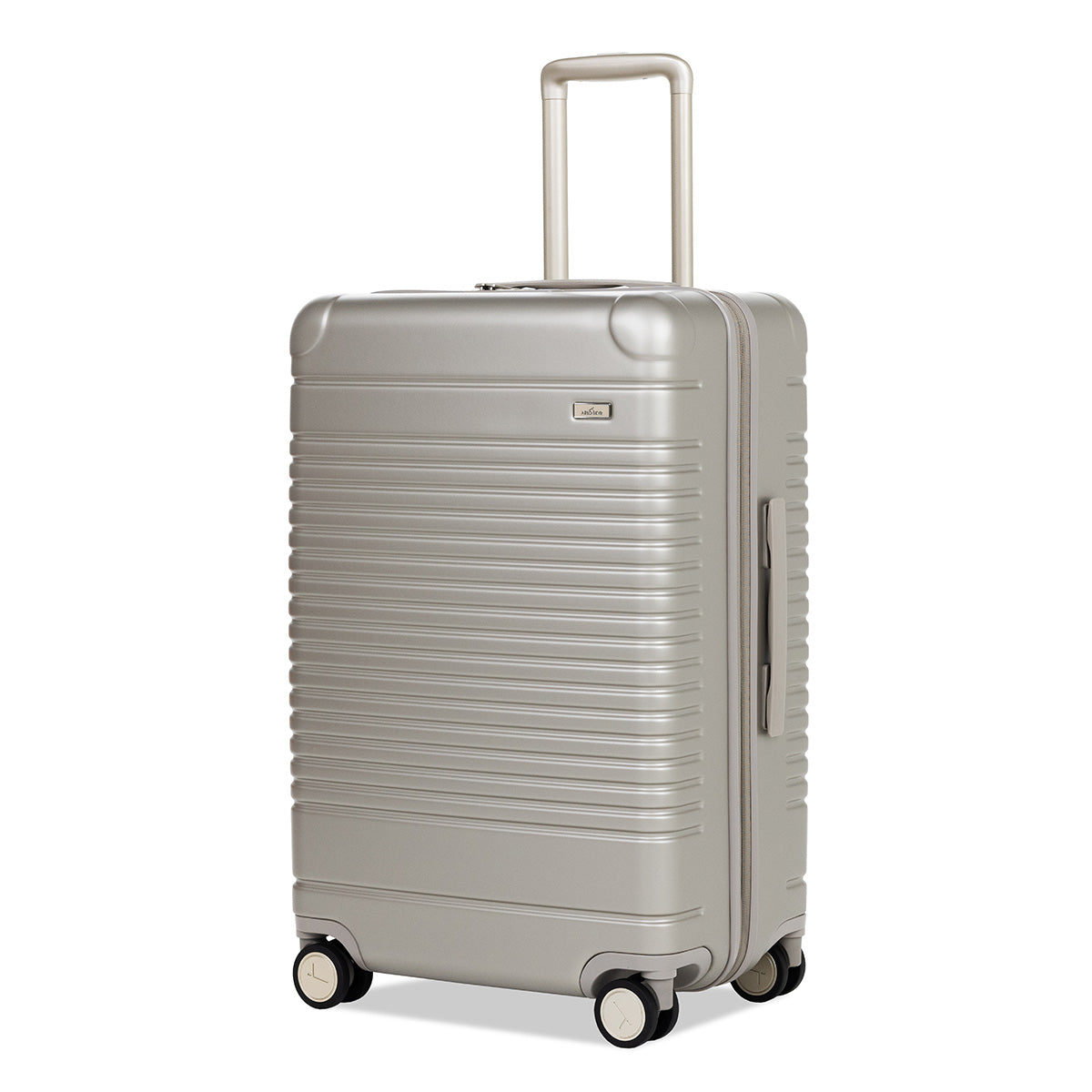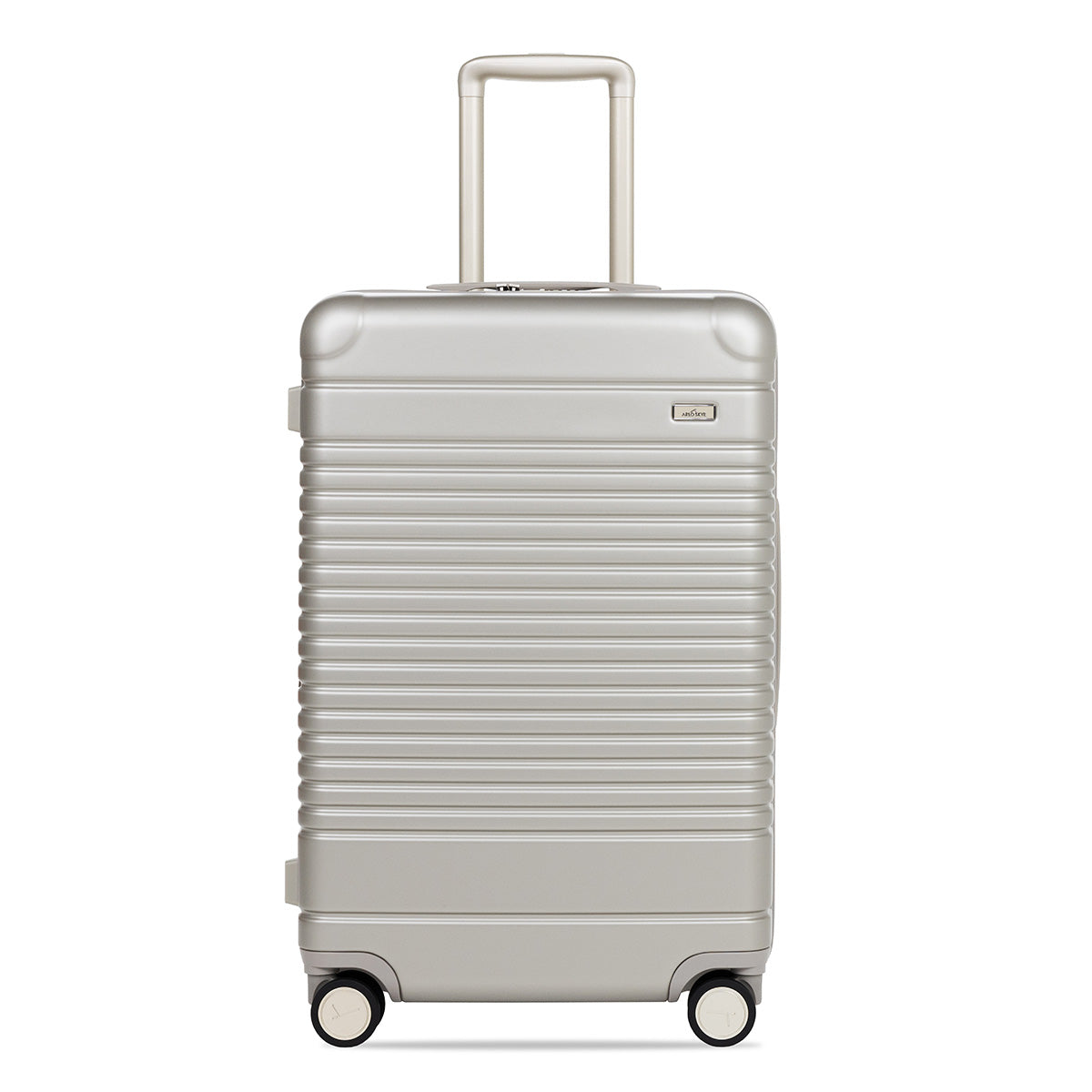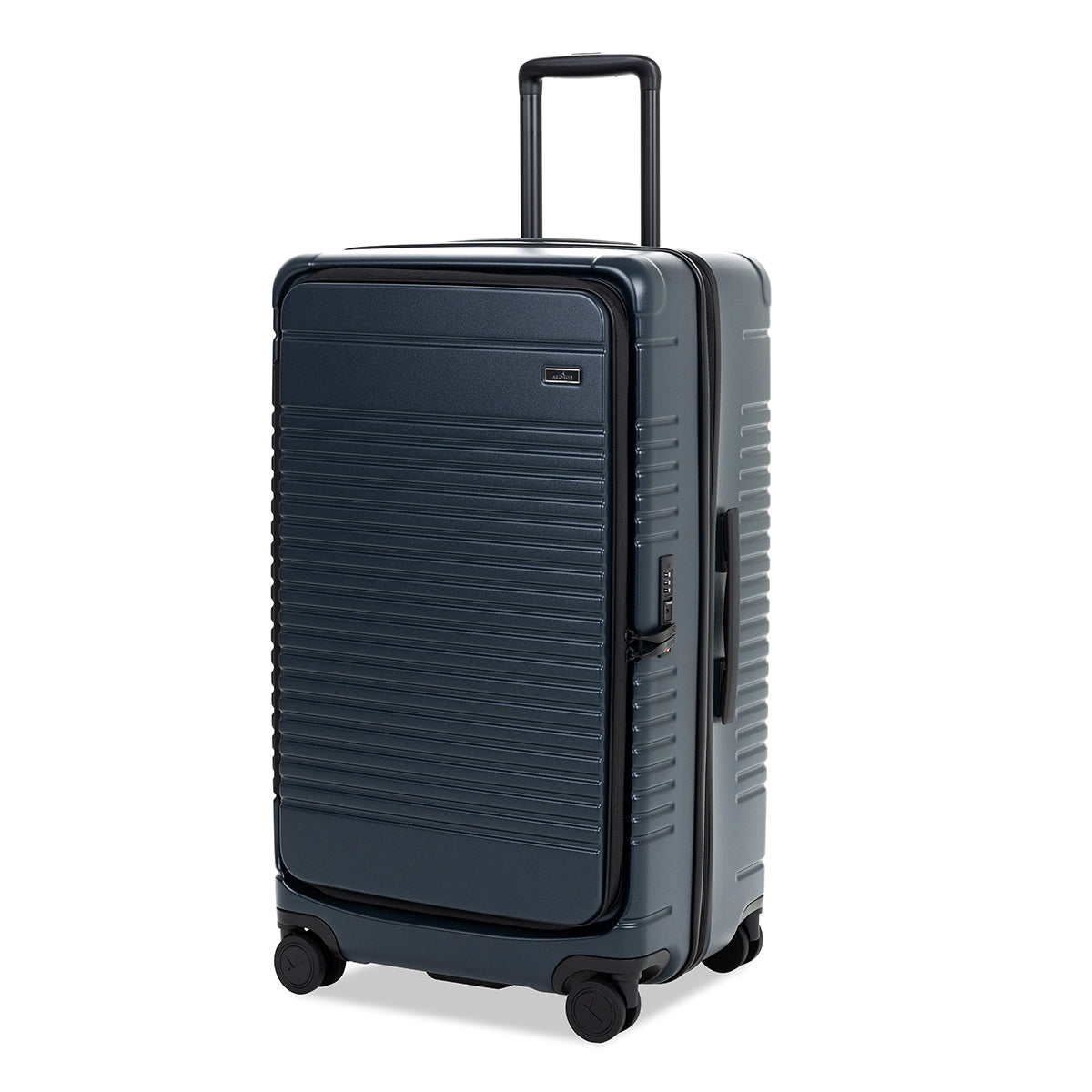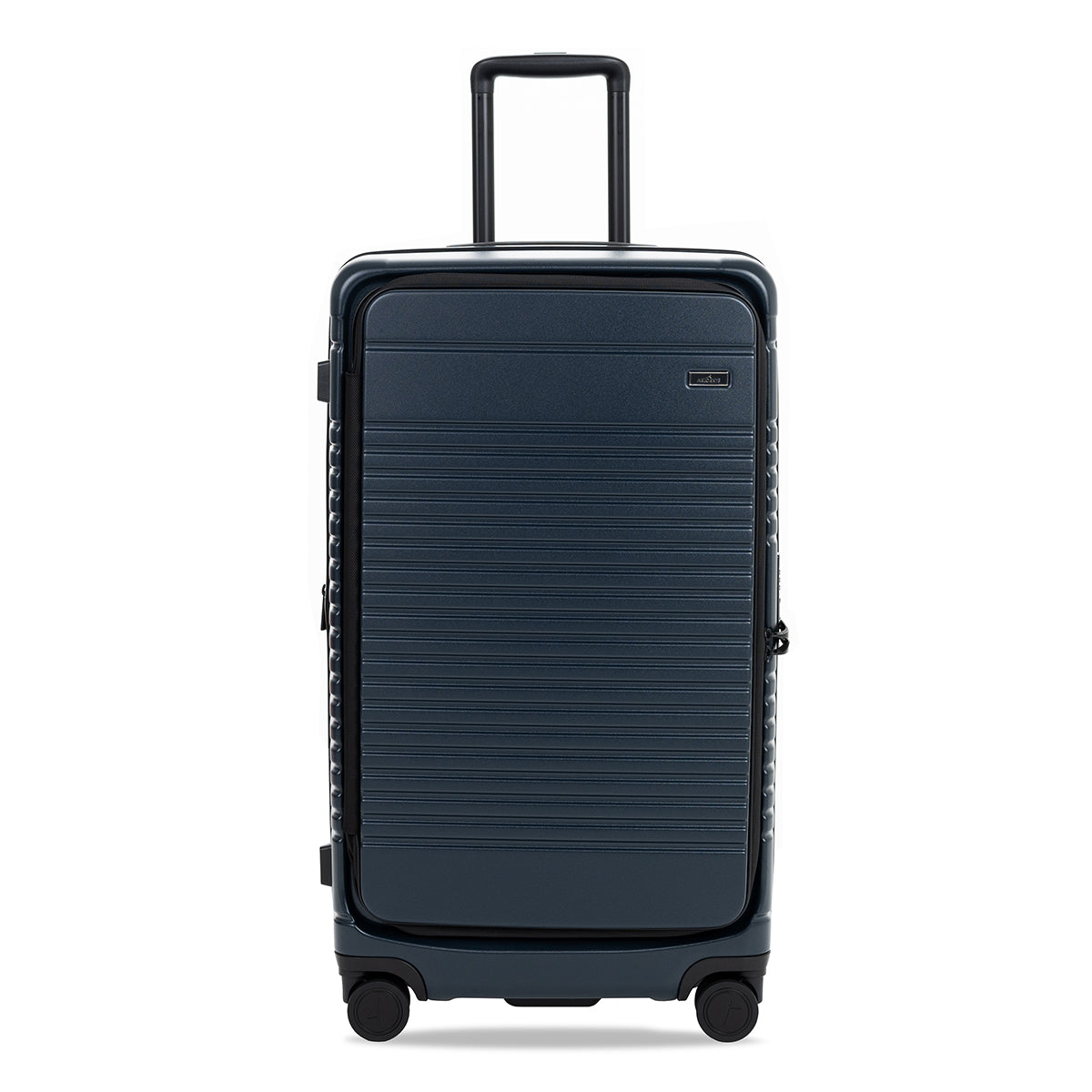A new crop of environmentally-minded resorts and travel companies are leading the charge in sustainability without making compromises in luxury. Here, we put the spotlight on twelve hotels that are going to the extra mile to reduce (and in some cases eliminate) their environmental impact by using a combination of novel technologies, clever architectural design, and plain old common sense.
Ocean Aware

Conrad Rangali Island, Maldives
While the effort by engineer Boylan Slat to remove plastics from our oceans is nothing short of environmental heroism, the fact remains: we need to limit the use of these products in our daily lives. As conscious travelers move away from “single-use plastic” culture, hotels like the Conrad Maldives Rangali Island are taking notice. As of January 2020, the resort eliminated all single-use plastic which included replacing quotidian toothbrushes with bamboo alternatives, swapping plastic key cards with wooden key cards, and providing a plastic-free—meaning: no yogurt cups or plastic-wrapped butter—breakfast. And a stay at the resort’s Muraka residence—which features an aquarium-like master bedroom submerged over 16 feet below sea level in the Indian Ocean—proves that environmental awareness can be balanced with sublime luxury. Another Conrad property, the 114-room Bora Bora Nui resort in French Polynesia, has developed a one-of-a-kind coral restoration program which promotes the rehabilitation and preservation of coral reefs and marine life in the lagoon. Resort guests can learn about the Biorock program masterminded by marine biologist Denis Schneider via a guided snorkeling tour followed by an ocean-fresh seafood tasting paired with an array of biodynamic white wines.
Carbon Conscious
 Six Senses Shaharut, Israel
Six Senses Shaharut, Israel
As with plastics in the ocean, it is far easier to reduce carbon emissions than to remove them once they enter the atmosphere. Lindblad Expeditions— known for their scenic adventure cruises—made their trips 100% carbon neutral last year. And the firm makes the case for conscious travel, citing the notion that encountering the beauty of our world is exactly the wakeup call travelers need to appreciate the importance of sustainability. “Taking people and showing them the world that is disappearing right in front of us—that’s pretty much the only way we’re going to get them to understand there’s a significant problem,” says Jeremy Lindblad, global business development director, in Architectural Digest. And while paddleboarding at Fatu Hiva in the Marquesas Archipelago, French Polynesia—one of the journeys hosted by Lindblad—might not initially seem like a world-saving effort, the individual decision to consider the carbon footprint of your adventure is becoming crucial in one’s travel choices. Another component to carbon footprint-friendly travel is limiting the use of fuel-guzzling vehicles. Bordering Kruger National Park in South Africa, Cheetah Plains—a luxury game ride-centric destination with private chef service—features a “silent safari,” where the traditional 4x4’s used for expeditions are replaced with electric jeeps. Joining the pack, Six Senses Shaharut—a 60-room hotel and spa in Israel’s Negev Desert with an opening date of May 2020—has preemptively issued a ban on nonelectric vehicles.
Zero Waste

Copal Tree, Belize
Sustainability often comes down to the simple-yet-effective implementation of thoughtful choices. Belize’s Copal Tree and Blancaneaux—two lodges situated in a jungle hideaway—feature on-site farms that provide culinary sustainability and farm-to-table freshness at each meal. Belize also deserves mention for their government’s efforts in preserving coastal mangroves and banning Styrofoam and single-use plastic, putting the country many steps ahead in terms of eco-consciousness.

Desa Potato Head, Bali
OMA, the Dutch architecture firm helmed by Rem Koolhaas, was tapped to expand Desa Potato Head in Bali, which will see a gradual unveiling in 2020. The 168-room hotel incorporates a zero-waste ethos with ecologically inventive furniture made from recycled ocean plastic and textile offcuts generated by local weavers. Bawah Reserve, which resides at the other end of the Indonesian archipelago, goes even further on the zero-waste front. While solar-powered boats allow guests to hop between the resort’s six private islands, at the facility proper, one discovers an eco-paradise. All waste paper is mulched, all food waste composted, and crushed glass is repurposed to filter drinking water. Innovation in water waste awareness also drives Jade Mountain in St. Lucia, which draws its entire water supply from a river in the Anse Mamim valley.
Energy positive

Kachi Lodge, Bolivia
When Dr. Walther Bauersfeld invented the original geodesic dome in the 1920s we’re certain he imagined something as visually intriguing as the Kachi Lodge. A Bolivian hideaway set in the Uyuni Salt Flats, the lodge is composed of several geodesic domes, and resembles a chic camp site on the surface of the moon. Its sustainability program is equally impressive. The entire lodge operates on solar energy, and their water management efforts prevent any discharge of wastewater into the environment and feature incineration washrooms that instantly burns all organic matter.

Kudadoo, Maldives
Across the globe, Kudadoo—a private resort island in the Maldives—recently became the first fully energy-sustainable property in the country. The entire resort is powered by 984 solar panels, which are deployed on the resort's rooftop. All wood used at the property was sustainably harvested from Canada, New Zealand, and Indonesia, and the resort's staff exclusively catches fish using the line-fishing method to ensure there is no "bycatch." Looking forward to 2021, a hotel currently under construction will open on the Helgeland coastline in Norway, taking sustainability who a whole new level.

Svart Hotel, Arctic Circle, Norway
Designed by the Oslo-based architectural firm Snohetta, the 99-room Svart will harvest enough solar energy to power both the hotel and its construction, making this stunning, circular structure the world’s first net energy positive hotel above the polar circle.

